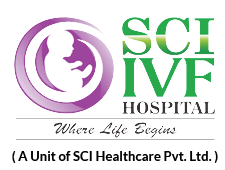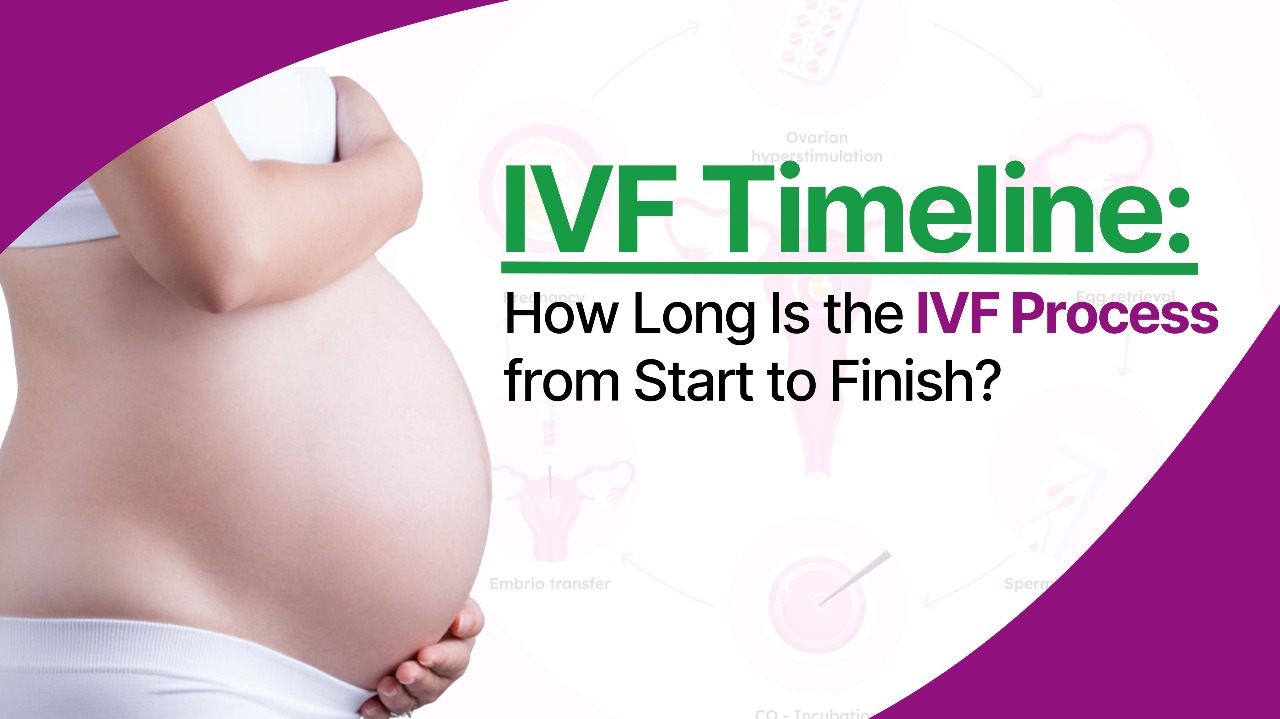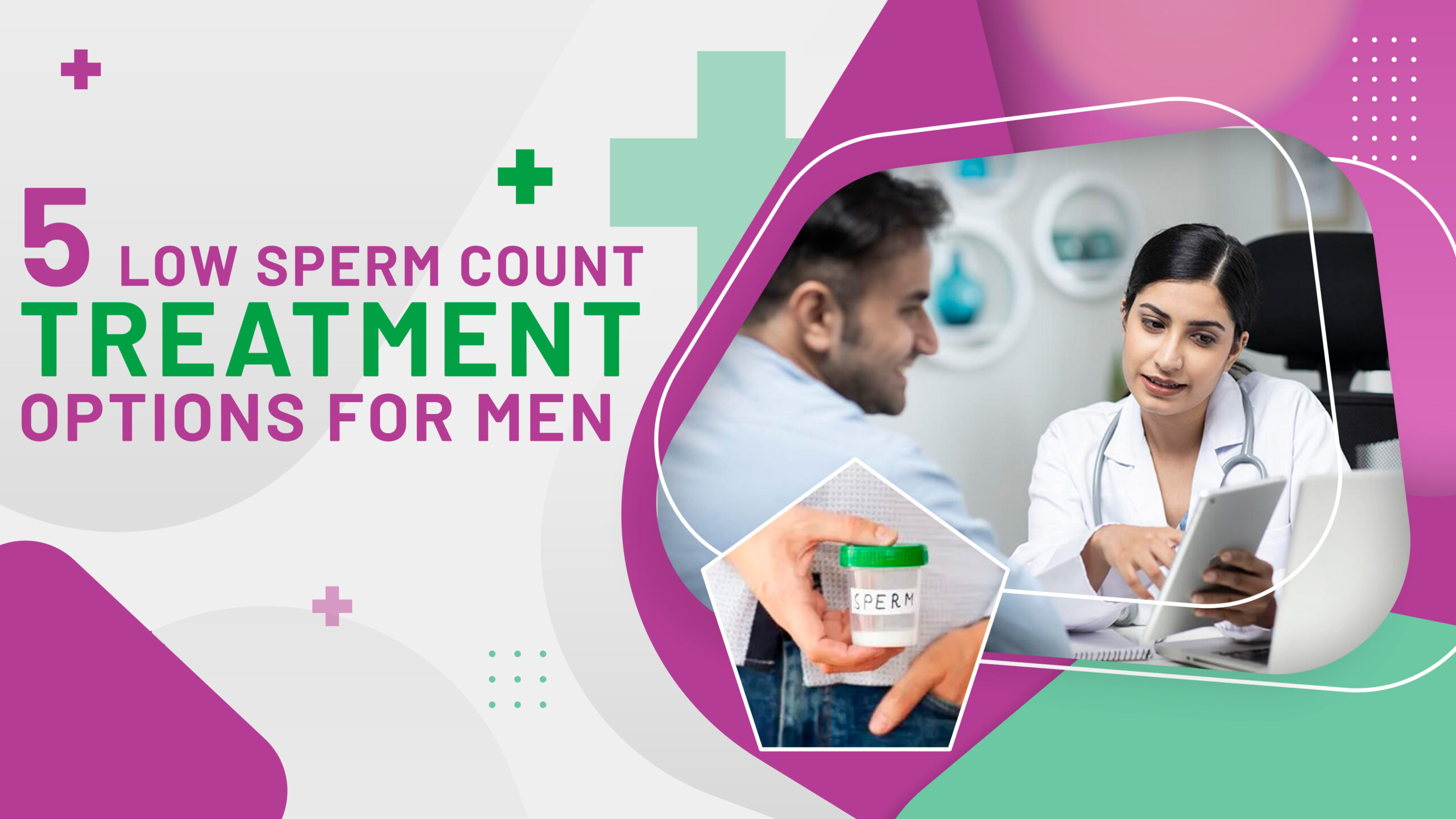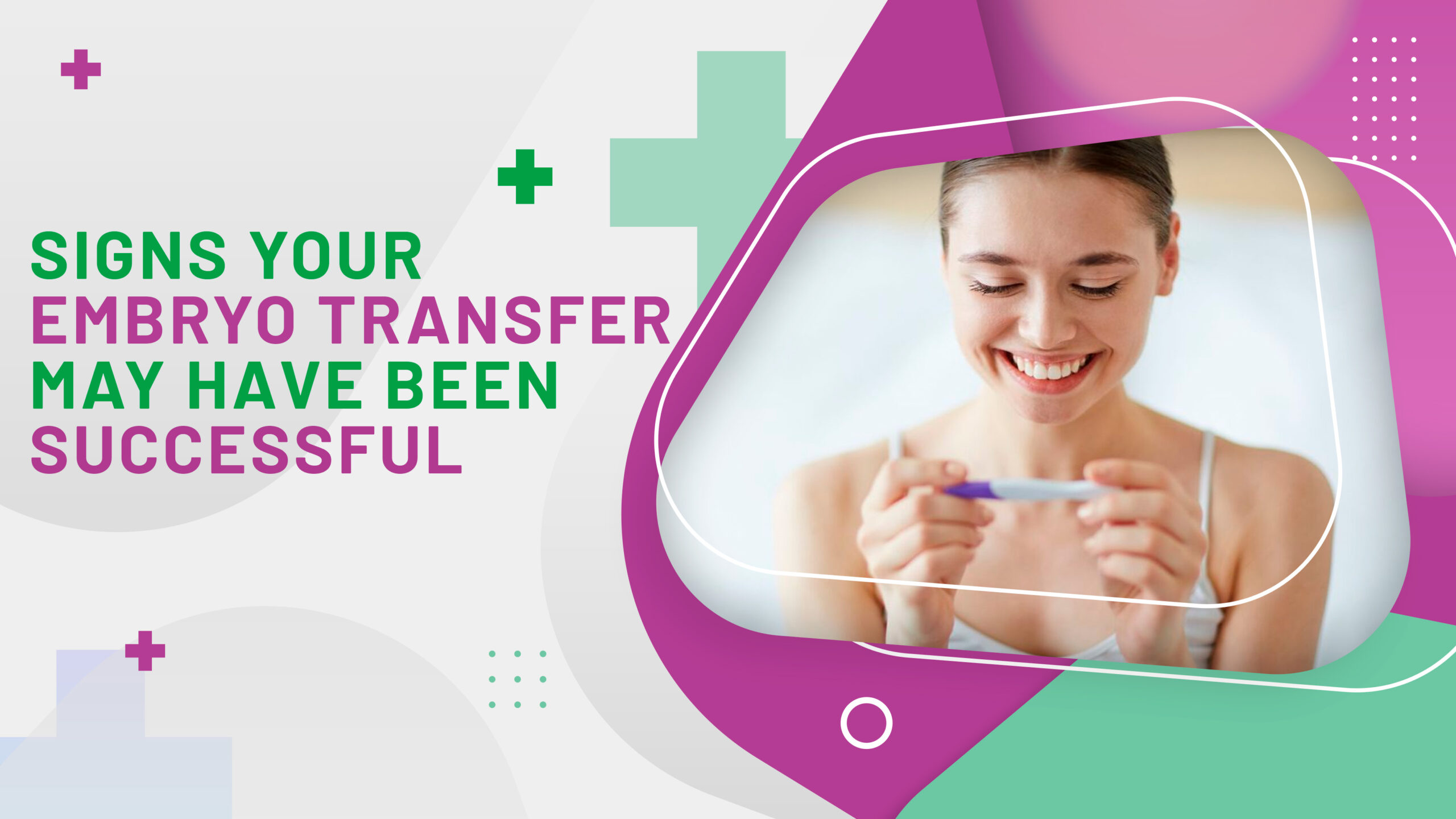Understanding the IVF timeline and asking “how long does IVF take?” is one of the most common concerns for couples considering fertility treatment. Although your path will be somewhat different than anyone else, it is helpful to understand how most women work through the process of IVF-around egg retrieval, pregnancy test, and of course the embryo transfer. So here is an overview of how an IVF cycle usually looks and how long the whole process can take.
IVF Process Timeline
Just like the initial medical evaluations all patients undergo during the IVF process understand, the IVF cycle is distinctly different for each individual patient; no two cycles are identical. Your age, the reason for your infertility, any other relevant medical issues, and the actual treatment approach tailored for you all determine the IVF cycle’s severity and longevity. That being said, understanding the approximate IVF process timeline allows you to ease common anxiety.
Whole IVF cycle comprising of the ovarian stimulation and embryo transfer sequentially, can be typically done within a span of 4 to 8 weeks. Of course, each patient is unique and can be attended to at their convenience; however, each and every step is extremely critical for the patient’s treatment success.
First Appointment and Diagnostic (2-4 Weeks)
IVF timeline will begin mostly with the first step, involving a visit to a fertility expert. Your doctor will also examine your past medical history, previous treatments, overall health, and the goals to be fertile during this stage. At the same time, both of the partners are thoroughly tested:
- In women: hormone production (AMH, FSH, thyroid), ovarian reserve testing, ultrasound of the pelvis, testing of infectious diseases, and assessment of the uterus
- Men: semen and pertinent blood testing such as genetic and infectious testing
Discussing costs, consent forms, and choice of clinic, and timing may be part of this preparation stage also. This phase usually lasts two to four weeks subject to the availability of the labs and the ability of the schedules to accommodate them.
Ovarian Preparing & Suppressing (Optional, 1-4 Weeks)
Some protocols start with ovarian suppressions, such as with the use of birth control pills, or with GnRH analogs for better cycle regulation or for treatment scheduling alignment. Not all patients adhere to this step; quite a number start with stimulation straightforwardly after the baseline testing. If utilized, this step could extend the time by an additional 1-4 weeks prior to stimulation start.
Ovarian Stimulation & Monitoring (8-14 Days)
Stimulation begins with daily injections of either FSH or Gonadotropins as soon as the menstrual cycle starts (Day 1 or Day 2). The goal is to stimulate the growth of multiple follicles with the potent ovarian hormones as compared to the single egg follicles. You will have a series of monitoring (blood work, hormone and follicle ultrasounds) for the duration of 8-14 days. Stimulation doses will be changed during this time to achieve better results.
Trigger Injection & Egg Collection (1-3 days)
You will be triggered with either hCG or GnRH agonists if the follicles have reached 18-22 mm size. A simple outpatient procedure termed “egg retrieval” is done exactly 36 hours after the trigger dose during which a short procedure is done under some sedation. With the aid of ultrasound-guided needles, suction for collection of mature eggs from the ovaries is done within 20-30 mins. The majority recover to their basic function the very next day.
Fertilization and Embryo Culture (3-7 Days)
Eggs are fertilized with sperm within the first few hours of retrieval. If the sperm is of a good quality, the standard insemination or ICSI (intracytoplasmic sperm injection) methods may be utilized. Embryos are nurtured for 3 to 7 days and are closely watched during this timeframe. By days 5 to 7, good quality embryos are at the blastocyst stage, which is the optimal stage for cryopreservation or transfer. At this stage, optional genetic screening (PGT/PGS) can be done.
Frozen/Fresh Embryo Transfer
Embryo transfer can be performed within a few days of cultivation (generally Day 35), or immediately after cultivation with the term “fresh transfer” used. The other way can be freezing all the embryos and using them later in another cycle. The actual transfer is minimally invasive and lasts only 20-30 minutes. It typically does not need any anesthesia.
Pregnancy Test ( 10 -14 Days Post-Transfer)
With Embryo transfer, a patient is supposed to wait 10-14 days to allow the implant, before taking blood sample that contains the level of hCG to determine whether an implantation has happened. What people often call an emotionally intensive phase is the so-called two-week wait.
More Cycles & Overall Time Schedule
Although an individual IVF begins with a consultation and gestation test could take anything between 4 and 6 weeks, more extensive protocols usually require something between 6 and 10 weeks based on ovarian suppression, freeze-thaw times and times required by the labs to process the sample .
Other couples might have to go through several cycles, so the cumulative timing can take longer than six months. Being in touch with your fertility team, as well as emotional support and pacing, go a long way.
Key Things That Affect The Length of Your IVF Process
There are many things that can influence the way IVF is timed:
- Your age or ovarian reserve- slower response to medications may elongate stimulation.
- Clinic policies- some clinics may use freeze-all cycles or have certain priming steps they use.
- Scheduling or complexity of retrieval/ testing—prior failed cycles and genetic testing can extend the IVF process timeline necessitating more comprehensive planning.
- Individual scheduling—preferred dates of service, travel, insurance approvals.
Knowing these things helps to better plan and reduces the unknown risks associated with fertility treatment.
Summary Table: IVF Timeline at a Glance
| IVF Stage | Duration Estimate |
| Consultation & Testing | 2–4 weeks |
| Ovarian Suppression (if used) | 1–4 weeks |
| Ovarian Stimulation & Monitoring | 8–14 days |
| Trigger Shot & Egg Retrieval | ~2 days |
| Fertilization & Embryo Culture | 3–7 days |
| Embryo Transfer | Same week or later |
| Pregnancy Test | 10–14 days post-transfer |
| Typical IVF Cycle Duration | 4–8 weeks (6–10 weeks) |
IVF Success Rates
The success of IVF does not work like a box, there are numerous factors at work such as your age, the status of your hormones, the quality of your embryo, the policies of the clinic among others. It can also make a big difference due to the experience of your fertility team and the implementations of such advanced technologies as genetic screening.
The key factor that really makes the difference when it comes to success is custom treatment- where you receive a treatment scheme that your body best requires. This is why it is important to select a clinic that had good expertise in the field of medicine and could boast of patient-oriented work. Since, under the conditions of the proper assistance and guidance, the probability of your success may increase with every step of the way.
At SCI IVF, we have a 75-80% range of success of IVF where an individual who has come to seek treatment does successfully achieve an IVF.
Had a Failed Egg Retrieval? Here’s What to Know
It is okay to become disheartened after the initial egg harvest did not turn out as expected. Nevertheless, don’t construe the single time to determine your experience. It frequently takes several rounds to achieve the intended result, and many patients don’t obtain the desired result on their first attempt.
Your ovaries will require time to rest and heal, and your menstruation usually arrives 1-2 weeks after the retrieval. Depending on how your body reacts, you can normally get ready for another cycle following your next one. Speaking with your IVF professional about your recuperation and future steps will enable you to make an informed and self-assured choice.
Failed Embryo Transfer? When to Try Again
Failed embryo transfer may be emotionally demanding, yet it is not as uncommon as you may imagine. The success is usually influenced by conditions such as embryo quality, uterus receptivity and timing. When your HCG turns out negative, then you normally expect a period within a week.
The good news? You do not always have to wait a long time to give it another attempt. Depending on the advice of your doctor, you might even get to start planning your next transfer on the next cycle. But it is all right to do the same when you are not ready emotionally or physically. Take your own time; as well as rely on your doctor, who would assist you to make the decision of when you are prepared to start fresh.
Conclusion
We hope our detailed answer to the ‘How long does IVF take?’ question has been enlightening. A considerable portion of your time might lie between the first consultation and the final pregnancy test, typically around 4 to 8 weeks. Nevertheless, in special cases, this time could increase to 10 weeks. First of all, having an idea of the overall procedure that involves the ovarian stimulation, egg retrieval, embryo culture, embryo transfer, and testing, you will be able to approach the fertility treatment mentally and emotionally prepared.
SCI IVF Hospital recognizes that each couple is unique, and so, each can take control of their IVF process timeline. Our patients receive unwavering guidance and support during each and every stage, be it the first pregnancy test, custom stimulation strategy, or in-lab supervision that includes embryo culture and embryo transfer. The thousands of successful pregnancies we have achieved to date stand the test to the balance between medical excellence and emotional care.
If you’re about to start your IVF treatment in Delhi, SCI IVF Hospital stands ready to assist every step on your IVF timeline. With the best support for you at SCI IVF Hospital, you can rest assured that your pathway, to and through parenthood, is expertly and compassionately guided.
Book a call for further enquiry!






